DEATH AND THE DERVISH
Writings from an Unbound Europe
GENERAL EDITOR
Andrew Wachtel
EDITORIAL BOARD
Clare Cavanagh
Michael Henry Heim
Roman Koropeckyj
DEATH AND THE DERVISH
MEA SELIMOVI
Translated by Bogdan Raki and Stephen M. Dickey
Introduction by Henry R. Cooper, Jr.

NORTHWESTERN UNIVERSITY PRESS
EVANSTON, ILLINOIS
Northwestern University Press
Evanston, Illinois 60208-4170
First published 1966 as Dervi i smrt. English translation copyright 1996 by Northwestern University Press. All rights reserved.
Printed in the United States of America
10 9 8 7 6 5
ISBN 0-8101-1297-3
Library of Congress Cataloging-in-Publication Data
Selimovi, Mea.
[Dervi i smrt. English]
Death and the dervish / Mea Selimovi ; translated by Bogdan Raki and Stephen M. Dickey ; introduction by Henry R. Cooper, Jr.
p. cm. (Writings from an unbound Europe)
ISBN 0-8101-1297-3 (pbk. : alk. paper)
I. Raki, Bogdan. II. Dickey, Stephen M. III. Title. IV. Series.
PG1419.29.E43D413 1996
891.8'235dc20 96-17300
CIP
 The paper used in this publication meets the minimum requirements of the American National Standard for Information SciencesPermanence of Paper for Printed Library Materials, ANSI Z39.48-1992.
The paper used in this publication meets the minimum requirements of the American National Standard for Information SciencesPermanence of Paper for Printed Library Materials, ANSI Z39.48-1992.
ISBN 978-0-8101-6803-9 (e-book)
To Darka
CONTENTS
INTRODUCTION
Faintheartedness, or, more emphatically, moral cowardice, or, stronger still, pusillanimityall rendered in Selimovis language by one word, malodunostepitomize Ahmed Nuruddin, the first-person narrator of Death and the Dervish. On one level at least, the novel is a case study of narrowness of spirit, emotional cowardice, and moral indecisiveness. One would be hard-pressed to find a better treatment of this particularly twentieth-century malady in any other modern literature. Mea Selimovi, one of Bosnias very best novelists, in his finest work, offers his readers an extraordinarily intricate examination of the anxious and incapacitated human heart, splayed against a backdrop of unsettling vagueness and mystery.
Death and the Dervish is set in Bosnia sometime during Ottoman rule, which lasted from the latter part of the fifteenth century to the latter part of the nineteenth. No specific date is ever mentioned (although the rebellions in the Krajina and Posavina suggest the seventeenth century), so that the reader is left with the feeling of timelessness, as if it had always been thus and would always continue to be. Islam is the established religion and no other faith is considered, let alone depicted, although ample reference is made to Saint Georges Day, an obviously Christian holiday that is treated in the novel as a moment of pagan relapse, an atavistic hearkening to a time before the light of faith (the meaning of Ahmed Nuruddins name) arrived to impose its benevolent rule. Even the town itself, wherein virtually all the action of the novel occurs, remains obstinately anonymous (although, once again, the suggestion is Sarajevo; compare the references to the Sinan Tekke and Mount Igman). It is neither Tuzla (Selimovis birthplace) nor Travnik (Ottoman Bosnias capital), for characters in the novel can be sent there. It is simply the kasaba, a generic term for any town with its market and institutions and homes. This kasaba, however, is more important than most, for it has its own fortress, in reality less a defensive construction than an enormously oppressive jail, the menacing presence of which plays an important role in the story. Indeed Selimovi even called Death and the Dervishs sequel The Fortress, to underscore the centrality that jails (and freedom) play in his Bosnian world.
Equally vague is the timing of the novel, despite the narrators assertion early on that it all began to occur two months and three days ago, on the eve of Saint Georges Day (23 April, new style 6 May). As the novel progresses no further precision is offered regarding time, although the change of seasons, eventually moving from spring to summer to fall with forebodings of a severe winter to come, is mentioned. Lapses occur in the manuscript, which is what the novel claims in fact to be: Ahmed Nuruddin avers he has left off writing for a while, as other matters preoccupy him. Nonetheless the narrative flow is seamless, both beginning and ending with the same (mis)quote from the Koran; somehow, quite mysteriously, both beginning and end are on the eve of Ahmed Nuruddins execution.
The characters are vague as well, more often than not they are called not by their names (if indeed they have any) but by their titles. So Ahmed Nuruddin himself, who makes so much of the meaning of his name, admits it was assigned to him; it is not really his own. In any event he is usually called the sheikh, or head of a religious community. There is the kadi, or judge, and the kadis wife; the musellim or sheriff; various tradespeople; guards; the miralay and his retinue; the mullah, the mufti, the defterdar, and so on (a Glossary has been provided at the back of this book.) Only two names figure at all prominently in the novel: Is-haq the fugitive, but then that is the name Ahmed Nuruddin capriciously gives him, without knowing his real name; and Hassan, the friend, active force, and moral and emotional counterweight to Ahmed Nuruddin. Only Hassans then is a real name, only Hassan is unburdened by a title. All the rest are as vague and as shaky as their inauthentic names and insecure positions suggest.
Even the faith of Islam itself wavers in Death and the Dervish, though dervishes represent the most powerful, most severe, most pure witness among the various Islamic holy orders. The tekke, the orders home, is no safe haven. Its inhabitants are sick or scoundrelly or morally so indefinite that the regular performance of their religious rites imparts no piety to them, only an air of hypocrisy or at best meaninglessness. The administration of the town, and indeed even of the empire, is corrupt and unprincipled despite the omnipresence of Islamic structures and laws. And the sacred text of Islam itself, the Koran, a verse of which precedes each chapter, is unreferenced and often distorted. Thus, the surest guide itself can be used to contribute to the novels unremitting air of spiritual ambiguity, confusion, and compromise. In other words, every feature of Death and the Dervish, its timing, setting, characterizations, and allusions, underscores Ahmed Nuruddins own faintness of heart and soul.
The plot of the novel is based on an event in Selimovis own life. The confessional tone of the novel, from its first-person narration to its mention of Selimovis own executed brother, efkija, by name and in tandem with Ahmed Nuruddins executed brother, Harun, is straightforwardly autobiographical. Mea (originally Mehmed) Selimovi was born in Tuzla, northwestern Bosnia, in 1910, to a fairly well-to-do family. Though Selimovis mother was religiously observant, it seems the rest of the family was not. Selimovi himself claimed to be a Communist and an atheist, and his brothers and sisters were active in the Yugoslav Communist Party before World War II and in the Communist-led partisan resistance movement during the war. In fact it was at the very end of the war in the Balkans that the episode occurred that would lead to the writing of Death and the Dervish. efkija Selimovi, Meas older brother, a Communist and partisan, was put in charge of a warehouse of property stolen by the Nazi and Ustaa occupiers of Tuzla. Needing some furniture to outfit an apartment for himself and his new wife after their home had been destroyed, efkija removed a few inconsequential pieces from the warehouse. Perhaps egged on by enemies he had made in the local party administration, or merely in a perverse streak of puritanism, the Communist authorities accused efkija of impropriety with the peoples property and in very short order executed him as an example to others. Mea and his other brother, Teufik, also a Communist, were unable to prevent the tragedy; many felt that they had not tried hard enough to do so.
Next page

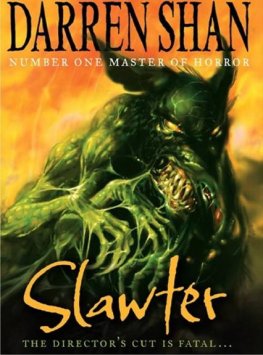
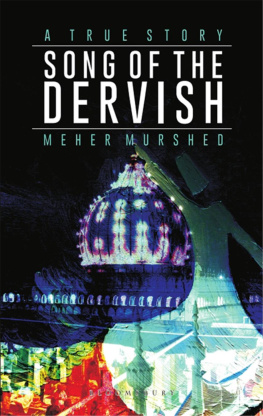
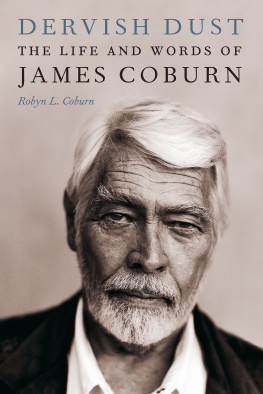
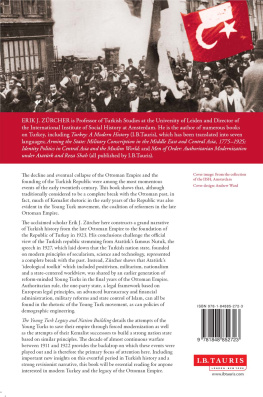
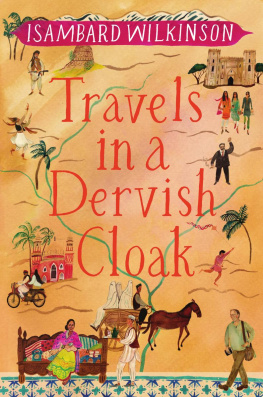
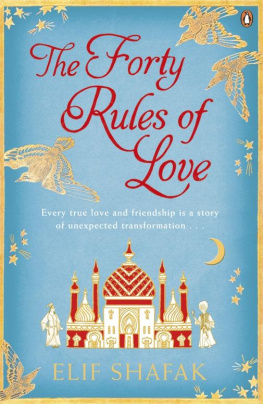
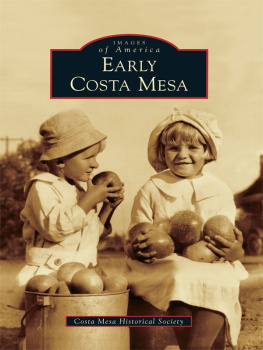
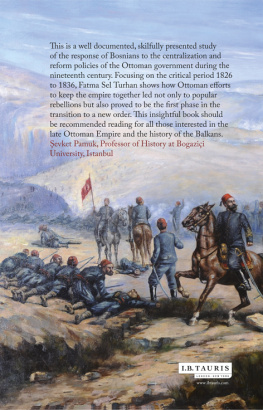
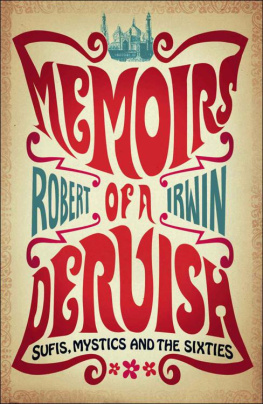
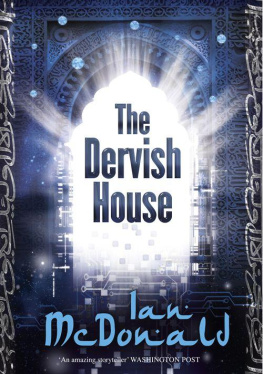

 The paper used in this publication meets the minimum requirements of the American National Standard for Information SciencesPermanence of Paper for Printed Library Materials, ANSI Z39.48-1992.
The paper used in this publication meets the minimum requirements of the American National Standard for Information SciencesPermanence of Paper for Printed Library Materials, ANSI Z39.48-1992.